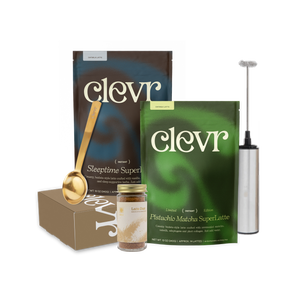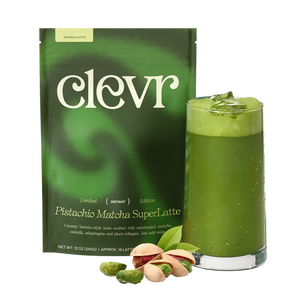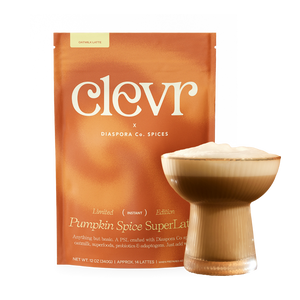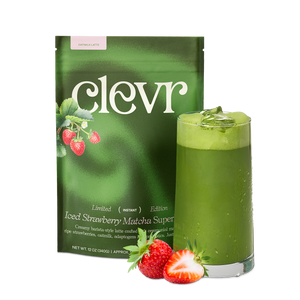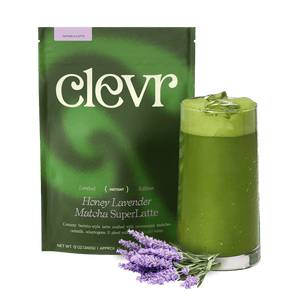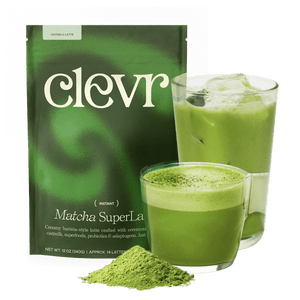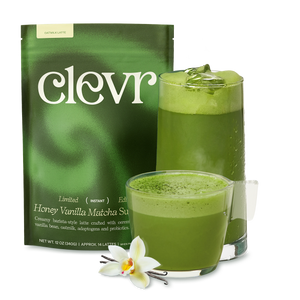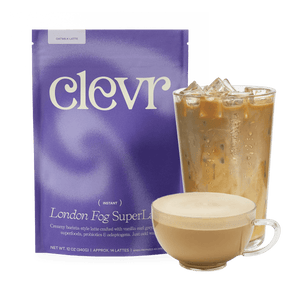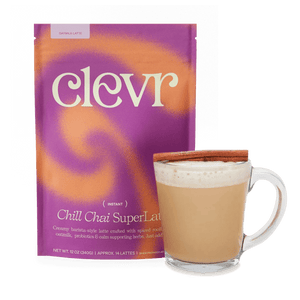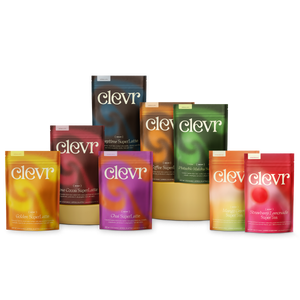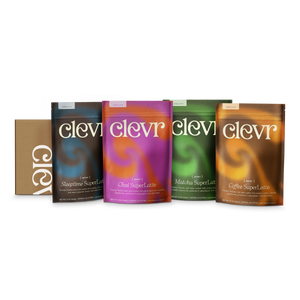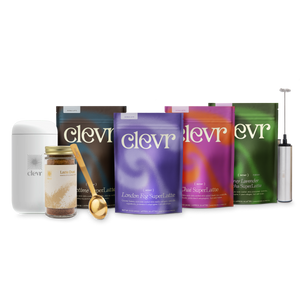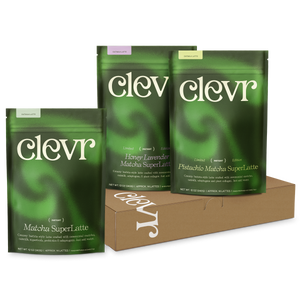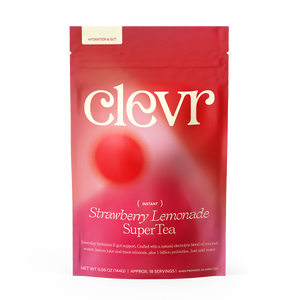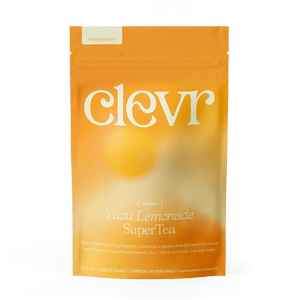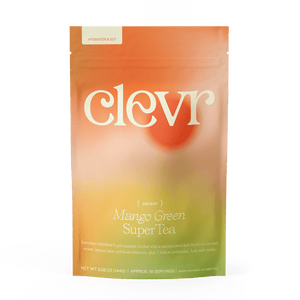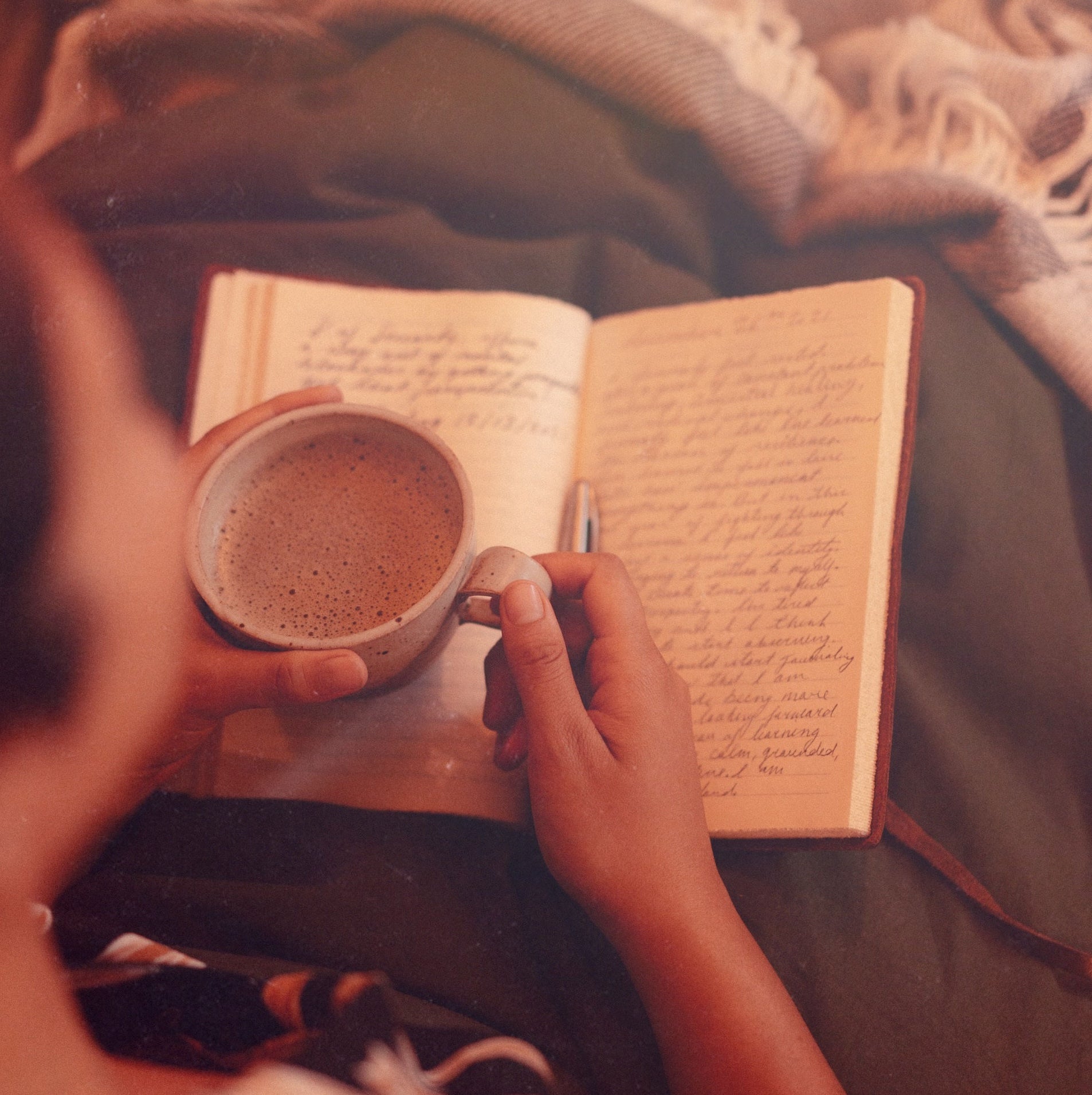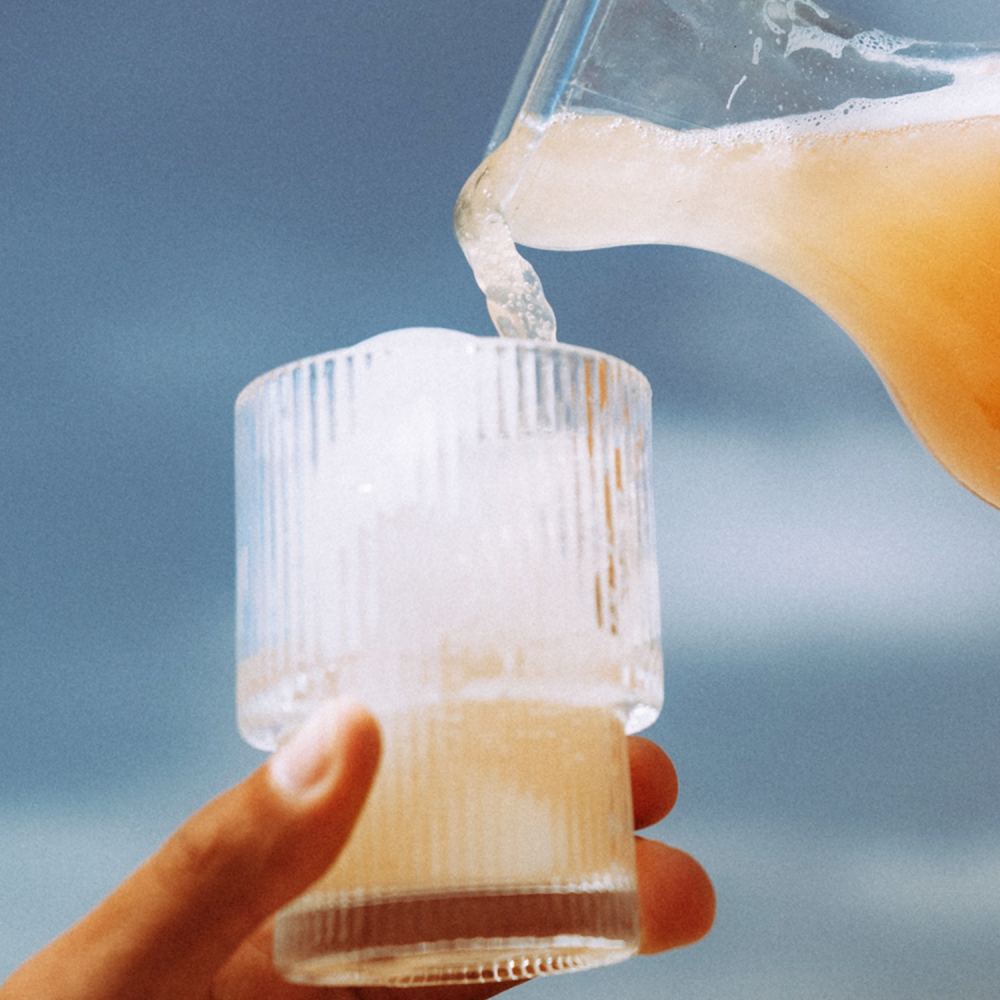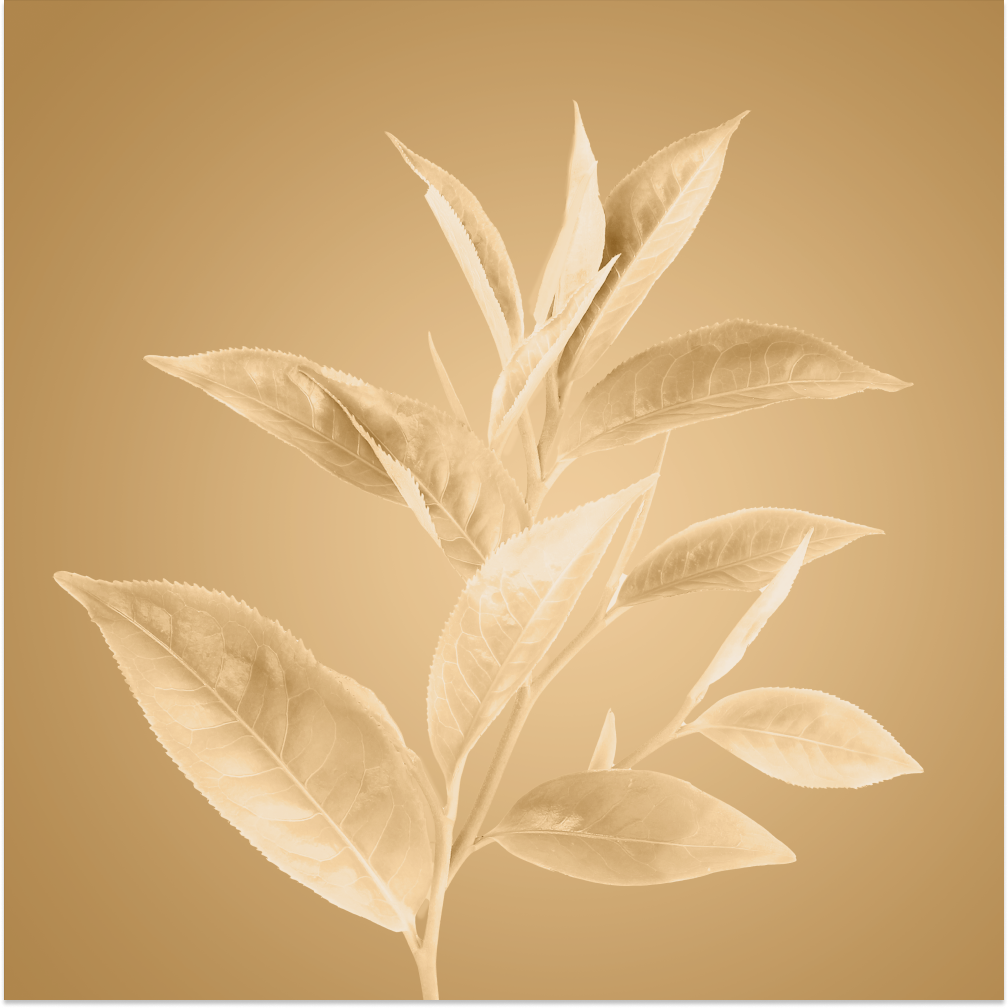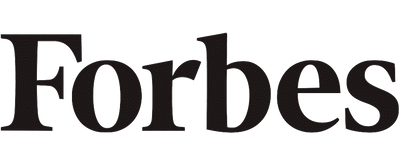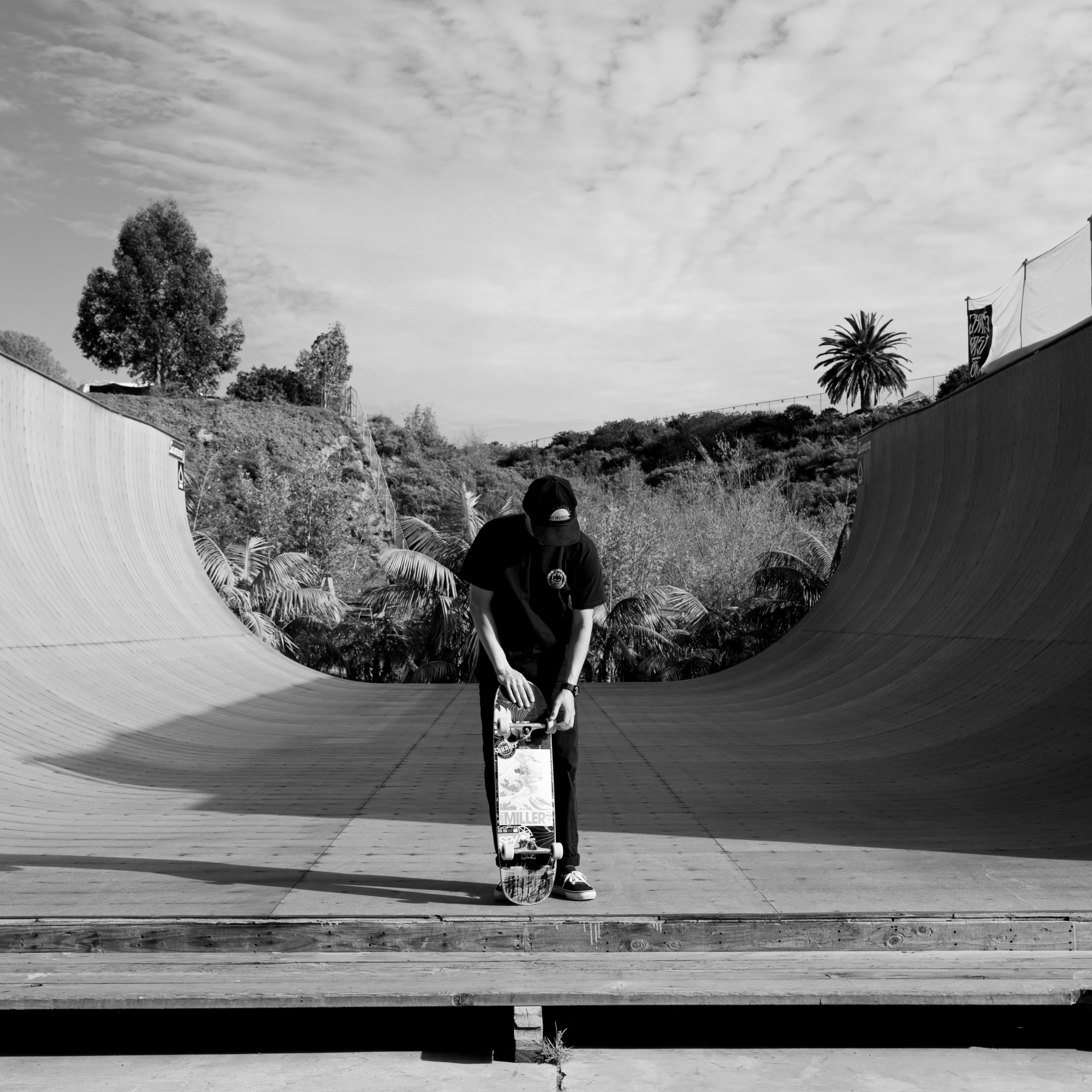
Perspectives: A Conversation with Pro-Athlete Zach Miller
A conversation about the importance of mindfulness and self-care as a professional athlete, a journey to heal mind and body, and the importance of breaking the stigma around mental health.
TW: This interview contains sensitive topics around mental health, including self harm. For suicide information and support, please click here.
You can have everything going for you - a successful career, beautiful home, and exciting future - but when your core identity is suddenly stripped away, what’s left? Zach Miller is a professional skateboarder and surfboard shaper from southern California. Two years ago, he experienced a rapid decline of his physical health, which put an immediate halt to his skating career and challenged his mental health in more ways than he realized was possible.
We spoke with Zach as he shares about the importance of mindfulness and self-care as a professional athlete, his journey to heal his mind and body, and the importance of breaking the stigma around mental health.
Q & A
What’s on your coffee table and does it hold meaning?
“The coffee table that we’re sitting at right now in my shop, Social Surf Club, actually holds more meaning than what’s on it. This coffee table was made for my parents’ friends when I was a baby, and I’m pretty sure I even split my head open on it once. It was sold and years later it ended up back on Craigslist, where I bought it for my shop, not even realizing that it was the same one until it was in my hands. The journey of this coffee table is the epitome of living in Encinitas - it’s just small enough that a coincidence like this can happen.”
Morning rituals help to start your day off on the right foot, and we’re big supporters. Do you have any rituals or favorite ways to start your day?
“I definitely am a creature of habit, especially in the morning. I have a pretty hard time functioning in the morning without coffee or tea, so I switch back and forth between the two. My morning ritual is to wake up, make a cup of coffee or tea (or walk to get one), and then go straight to the beach to check the waves for a surf, or just sit and breathe before starting my day.”
Tell us a little bit about yourself. What makes you feel alive?
“Movement, in any form - that’s what makes me feel alive. I grew up in California by the ocean, and when I was young, my dad was a professional skateboarder, so I spent a lot of my life traveling with him. Surfing, skating, traveling, and spending time outdoors have always been keystone pillars of my life. They have been consistent parts of my identity, regardless of what other things have interjected themselves and what other paths I have taken.
"When I’m not keeping these passions alive, that’s when I start feeling the most stagnant, lost, and stressed.”
Skating has been a part of your life since before you can remember. Do you have an earliest memory of skating?
“I was born into a household of skateboarding, and it’s been integrated into my life since I was a baby. I still have my first tiny skateboard, which my dad cut out by hand. My dad first started putting me on my skateboard when I was crawling, and there are lots of pictures of me as a little kid sitting on my dad’s board. I competed in my first contest when I was 7 or 8, with my dad there to encourage me when I tripped and fell. I don’t feel like I ever chose skating, but it was also never forced on me.”

Was there a point in time when you started to identify as a professional athlete?
“Becoming a professional skater was an aspiration that I had since I was a little kid. As a junior in high school, I started traveling internationally for events. I won the Amateur World Championships and qualified for the Pro Tour at age 17, during my final week of high school. It was definitely a standout moment to be in a huge stadium, with all the skaters I looked up to, filling out a W9 to receive the championship prize money.”
As an athlete, it can be challenging to maintain the initial excitement and keep your passion alive. Have you ever experienced burnout, and how did you re-center yourself to shift your mindset?
“There was a point when I was skating to win, not just to skate. I sometimes would get so nervous and stressed that I would almost self-destruct, and I started choking at contests and not being able to perform. I was embarrassed and scared that if I continued to not do well, I would lose the career that I had worked so hard to achieve.
Surfing was instrumental in remembering what it felt like to practice a sport just for the fun of it. I never put pressure on myself while surfing, and I was able to stay present for 5 hours in the water, not caring if I fell or didn’t catch good waves. I questioned why I couldn’t look at skating the same way, so I decided to write “FUN” on my skateboard as a reminder. Every time I picked up my board to throw it out of frustration, I would see the word “fun” and remember why I was doing this in the first place. It actually became a local trend, and lots of kids at the park started writing “fun” on their boards.”
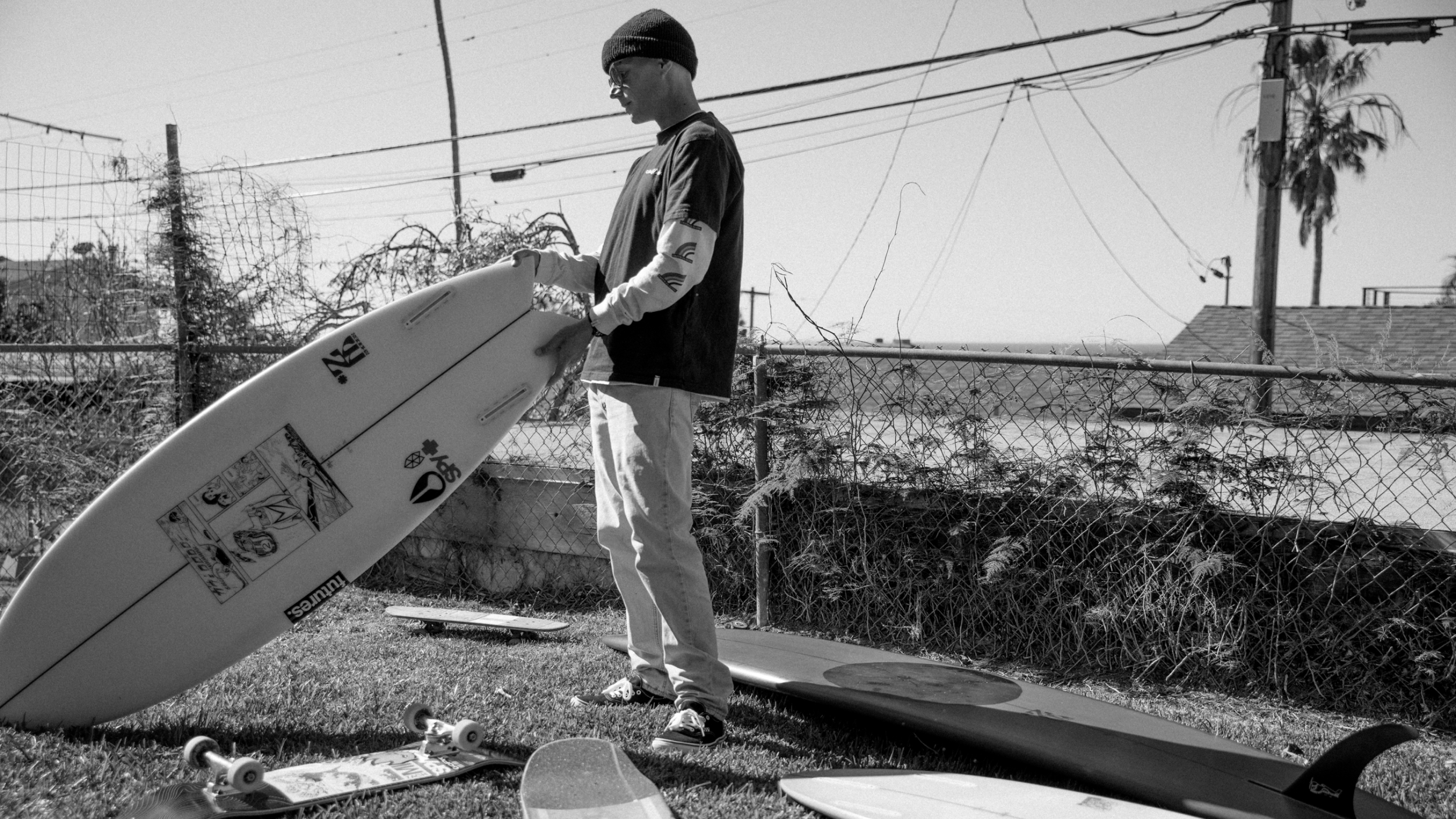
How did you move through those feelings of burnout?
“I’ve always been very inspired by free surfers, who are much more focused on their style, rather than competing to win. Similarly, in skating, the guys I looked up to weren’t necessarily the world champions. When I reassessed my career, I looked to these athletes for inspiration of designing a career that’s not dependent on rankings. I started looking at people like Mikey February, Asher Pacey and Grant Taylor, because they inspired me in multiple facets of life (especially artistically and stylistically), rather than just as athletes.”
What triggered your health problems, and what was going through your mind as your health declined?
“I had a year of major professional shifts, including lots of changes with sponsors, which created a lot of stress and anxiety. I was constantly questioning where my future was headed - was my skate career going to continue, or was I going to have to dive into another career to support myself? When COVID hit and everything started shutting down, sponsorship salaries paused, and my stress levels increased. I started to feel physically ill, but I wrote it off as stress from COVID because of the chaos of the world.
My physical symptoms of illness progressed rapidly, and one day in the shower, I ran my hand through my hair and pulled out a massive clump of hair. Fistfuls of hair continued to fall out, leaving huge bald patches, and three weeks later, all my hair was gone. I would sneeze and lose all of my nose hair or wipe my eyebrows off with a towel.
"At that point, I felt like I was disintegrating, and I began to think I was dying."
In addition to hair loss, I was also rapidly losing weight, had no appetite, and was always crazy tired or extremely anxious.
Doctors ruled out serious disease markers like cancer and told me I was just stressed, but I intuitively knew that something else was going on. It literally felt like I was melting, but doctors were stumped. Eventually, I was diagnosed with “alopecia,” an autoimmune disease with no treatment, but that only explained the hair loss.
My organs weren’t functioning, my adrenals were shot, and my body was pretty much attacking itself. I didn’t have enough energy to skate for more than a minute at a time, and it felt like a huge part of my identity had been swept out from under my feet. Eventually, I was introduced to a naturopath who discovered that I had extremely high levels of arsenic poisoning (a heavy metal sometimes found in water) and toxic black mold exposure, which I discovered was in my house. These toxins, combined with stress, had driven my immune system off a cliff, and my body started failing.”
Your body was essentially attacking itself and it took months to get any answers from doctors. How did all of this affect your mental health?
“The physical outlets of skating and surfing that I usually turned to for mental health support were taken away from me, and I began to experience severe anxiety and depression. My physical health began to surpass my mental health, and I realized that I wasn’t going to get any better physically until I addressed my mental state. I eventually reached a point in which I either wanted to take my own life, or I needed to get help. I felt like my physical body was dying, but my brain had already decided that it was not worth being alive, which is a terrible place to be in.
"I needed to heal my brain before I could heal my body."
The mental health aspect was a much bigger challenge for me than my physical health. As an athlete, I understand physical recovery and injuries, and I can follow clear steps to heal my physical body. Mental health is so ambiguous, and it’s so specific and unique to every individual person. Especially as a male professional athlete in a sport where my job is to launch my body off huge jumps, and where wipeouts are almost glamourized, it’s hard to say “I’m sad” or “I need help.”
Did you know where to seek professional help or resources to support your mental health?
“I had no idea where to go personally, and I wasn’t mentally stable enough to problem solve or even think straight. For months, my brain was such a crazy place - I was operating from a place of blurry shell shock, like what they try to simulate in movies.
I fortunately had a nurturing support system, which guided me in the right direction, but at some point you have to be able to take the reins for yourself and decide that you want to get better. I started going to therapy and learning about breathwork and meditation practices to calm my mind. These practices weren’t foreign to me, but I had never felt like I needed them. I wish I had adopted them earlier, rather than waiting until I was at rock bottom.”
How do you feel that you can use your story/experience to influence, encourage and inspire these conversations in the skate community?
“Given my position as a white male professional athlete, I feel like I am ironically the exact stereotype of a person who is told that I shouldn’t have these problems. I definitely felt pressure to stay silent and not complain, especially with everything else going on in the world the past couple of years. I suppressed my emotions and didn’t speak up or share where I was at, which led me to the point of not wanting to be alive anymore.
"I don’t want any person to ever have to feel the depth of darkness that I felt."
Our society tells people to “suck it up” or “tough it out,” and I think this hugely contributes to the mental health stigmas and fear of speaking up. Every single person experiences mental health challenges in their own way, regardless of your background, upbringing, race or gender. Of course it’s so important to recognize your privileges, but no one is out of reach of mental health struggles. The triggers or traumas that lead to depression might be different, but the internal experience is universal.
I recognize that because of my platform and privilege, I have the responsibility to use my voice and share my story. The purpose of sharing my story is to make people feel more comfortable to open up and share when they’re not okay, and to inspire them to explore meditation and the power of breath. I especially hope that my story encourages kids out there who are struggling mentally. Even if there’s just one kid who sees a glimmer of hope, that’s a life that can be saved.”

What are some practices that support your mental and emotional wellbeing?
“The most valuable tool for me has been awareness of my breath - specifically 4-count breathing. Breathe in 4 counts, breathe out 4 counts. I’ve practiced it so much that I breathe in this pattern naturally now, and I catch myself when I fall out of it.
It’s incredible how powerful your breath is. The general practice of calm, steady breath is an incredibly neutralizing, settling and grounding practice for your nervous system.”
What is one piece of advice you would like to give to younger men, or to your younger self?
“Don’t hold in your emotions and feelings, speak kindly to yourself, and breathe. These are so simple, yet so powerful.”
Do you have a quote or piece of inspiration you would like to leave us with?
“Breath is the bridge which connects life to consciousness, which unites your body to your thoughts. Whenever your mind becomes scattered, use your breath as the means to take hold of your mind again.” ― Thich Nhat Hanh, The Miracle of Mindfulness: An Introduction to the Practice of Meditation
Zach Miller is a professional skateboarder, surfer, shaper and creative from Cardiff, CA. You can keep up with him @zakramiller, his shop @social.surf.club, and his youth outreach program @Boards4Buddies.
Boards 4 Buddies is a grassroots movement with the goal of providing skate and surf equipment for under-resourced youth in Hawaii.
